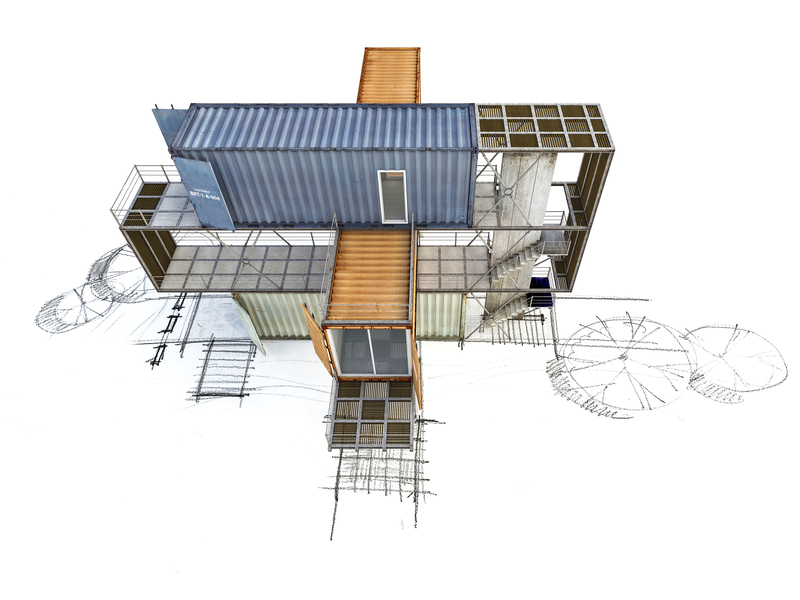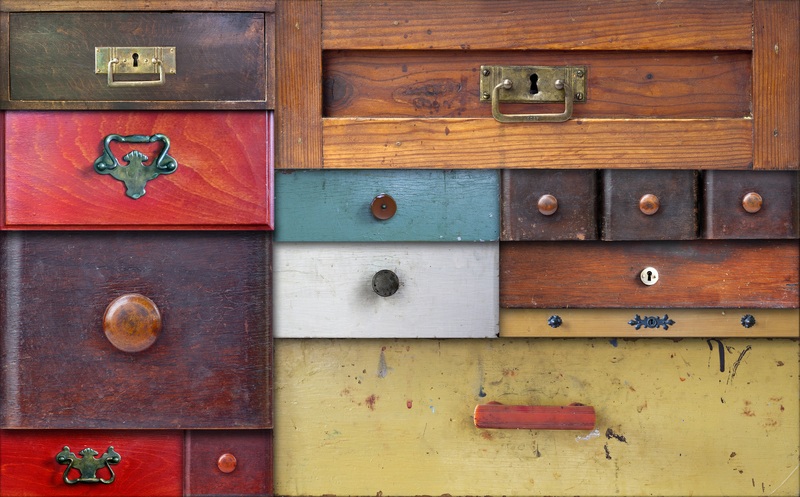Tips for Safe and Successful DIY Rubbish Removal
Posted on 04/06/2024
Are you tired of seeing piles of clutter and rubbish around your home? Do you want to declutter and get rid of unwanted items, but don't know where to start? It may be time for a DIY rubbish removal project. While hiring a professional junk removal service can save you time and effort, doing it yourself can also be a cost-effective solution. However, it's important to approach this task with caution and follow certain guidelines to ensure a safe and successful outcome. In this article, we'll share some useful tips for carrying out a DIY rubbish removal project.
Tip 1: Plan Ahead
Before diving into your rubbish removal project, take the time to plan ahead. This includes determining what type of waste you have and how much of it, as well as identifying the proper disposal method. For example, hazardous materials such as chemicals or electronics require special handling and cannot be disposed of in regular trash bins. Make a list of all the items you need to get rid of and research the appropriate way to dispose of them.

Tip 2: Use Proper Protective Gear
Rubbish removal can involve heavy lifting, sharp objects, and potentially hazardous materials. To protect yourself from any potential accidents or injuries, make sure to wear appropriate protective gear such as gloves, sturdy shoes, and goggles. In case you come across any broken glass or sharp objects while clearing out your junk, you'll be glad you took this precaution.
Tip 3: Sort Your Rubbish
Sorting your rubbish before disposing of it will not only make the process easier but also help with recycling efforts. Separate items that can be recycled from those that can't. You can also set aside any items that are still in good condition for donation or resale. By sorting your rubbish, you'll reduce the amount of waste that ends up in landfills.
Tip 4: Rent a Skip Bin
If you have a large amount of rubbish to get rid of, consider renting a skip bin. This will provide you with a convenient way to dispose of all your junk in one go. Plus, it eliminates the hassle of having to make multiple trips to the local dump. Just make sure to check with your local council about any regulations or permits required for placing skip bins on public property.
Tip 5: Dispose of Hazardous Waste Responsibly
As mentioned earlier, some items cannot be thrown away with regular waste and require special handling. These include household chemicals, paint, batteries, and electronic waste. It's important to dispose of these hazardous materials responsibly to protect the environment and avoid fines. You can contact your local recycling center or waste management facility for guidance on how to properly dispose of such items.
Pros and Cons of DIY Rubbish Removal
While DIY rubbish removal may seem like the perfect solution to decluttering your home, there are both pros and cons to consider before taking on this task.
Pros:
- Cost-effective compared to hiring a professional service.
- You have more control over sorting and disposing of your rubbish.
- You can complete the project at your own pace.
- You'll feel a sense of accomplishment once it's done.
Cons:
- It can be physically demanding and time-consuming.
- Inexperience or lack of proper planning can lead to accidents or injuries.
- Certain items may require special disposal methods that you're not aware of.
- You may need help from others for heavy lifting or disposing of bulky items.

Takeaways
To sum up, here are some important takeaways to keep in mind for a safe and successful DIY rubbish removal project:
- Plan ahead and research proper disposal methods.
- Wear protective gear to prevent accidents or injuries.
- Sort your rubbish to reduce waste and encourage recycling.
- Rent a skip bin for large amounts of junk.
- Dispose of hazardous materials responsibly.
Conclusion
A DIY rubbish removal project can be a great way to clear out clutter and unwanted items from your home. However, it's important to approach this task with caution and follow the tips mentioned in this article for a safe and successful outcome. Remember to plan ahead, use appropriate protective gear, sort your rubbish, and dispose of hazardous materials responsibly. By doing so, you'll not only declutter your space but also contribute towards a cleaner and healthier environment.
